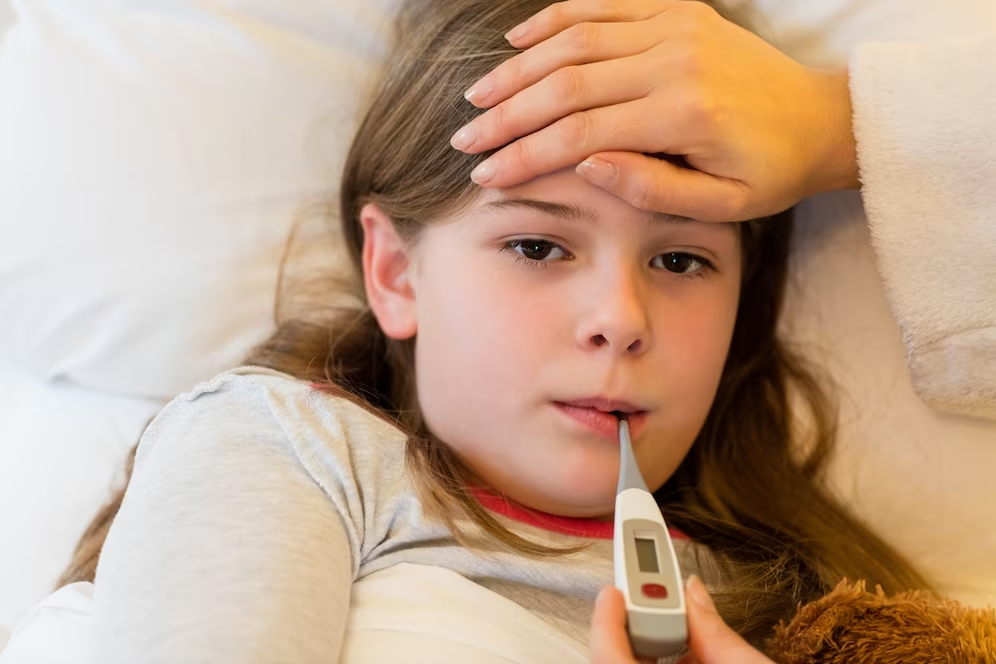While cases of conjunctivitis and dengue infection are increasingly being reported in the capital Delhi these days, some states are witnessing an outbreak of Japanese Encephalitis (JE), also known as Japanese fever. According to the latest reports, eleven people have died so far this year due to this vector-borne disease in Assam. According to the state health department, a total of 254 people have been infected with the disease across the state. The Health Minister of Assam has advised to take all preventive measures across the state.

Health experts say cases of many types of mosquito-borne diseases are already being seen in the national capital, so there can be a risk of JE here, all people should keep taking preventive measures. Cases of Japanese encephalitis can be severe and even fatal.
Know about Japanese Encephalitis
Japanese encephalitis fever is transmitted to people through the bite of infected mosquitoes. Along with humans, animals can also be at risk of this infection. There are an estimated 50,000 clinical cases of JE each year, but the actual number is believed to be much higher.
Children under the age of 10 are most affected by it. It is also known to have a high mortality rate, most alarmingly, as many as 70% of people infected may be at risk of developing neurological problems.

What are the symptoms of Japanese encephalitis?
A person with Japanese encephalitis may initially have a mild infection with fever and headache, with the risk of worsening symptoms in more severe cases. In the event of increasing infection, there may also be problems of tremors, nausea-vomiting, stiffness in the neck, and paralysis. In the event of this infection, the risk of developing inflammation in the brain is most seen, which can cause many types of serious problems.
Japanese encephalitis may cause death
Cases of this mosquito-borne disease can cause serious health complications and even death. Generally, the mortality rate due to this disease is seen up to 30%, children may be more prone to its severe form. Negative effects on quality of life can also be seen due to conditions like coma, seizures, and paralysis.
All people are advised to keep taking preventive measures against this disease.
How to be safe from Japanese encephalitis?
Doctors say, since Japanese encephalitis is a mosquito-borne disease, the risk of this disease can be reduced by taking preventive measures against mosquito bites. Vaccines are also available for this, which can help reduce the risk of infection or protect against the risk of serious disease in case of infection.

Apart from this, wear long-sleeved shirts and pants, and keep cleanliness around the house, which can prevent the breeding of mosquitoes. Take measures to protect children from mosquito bites as they are more prone to the disease.
(PC: Freepik)










